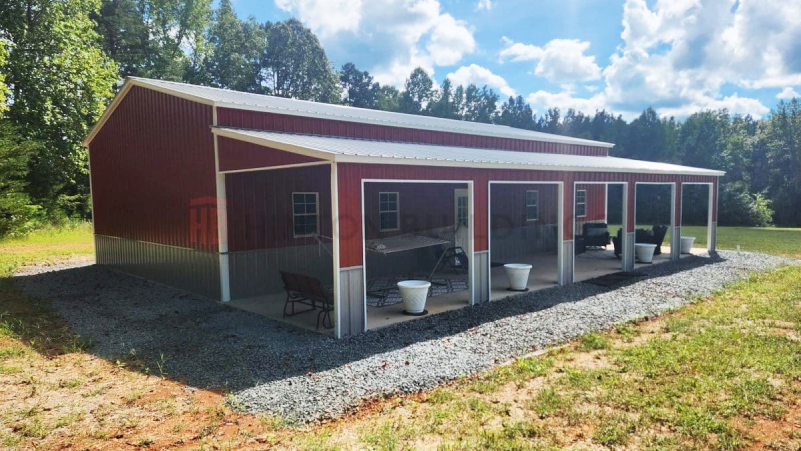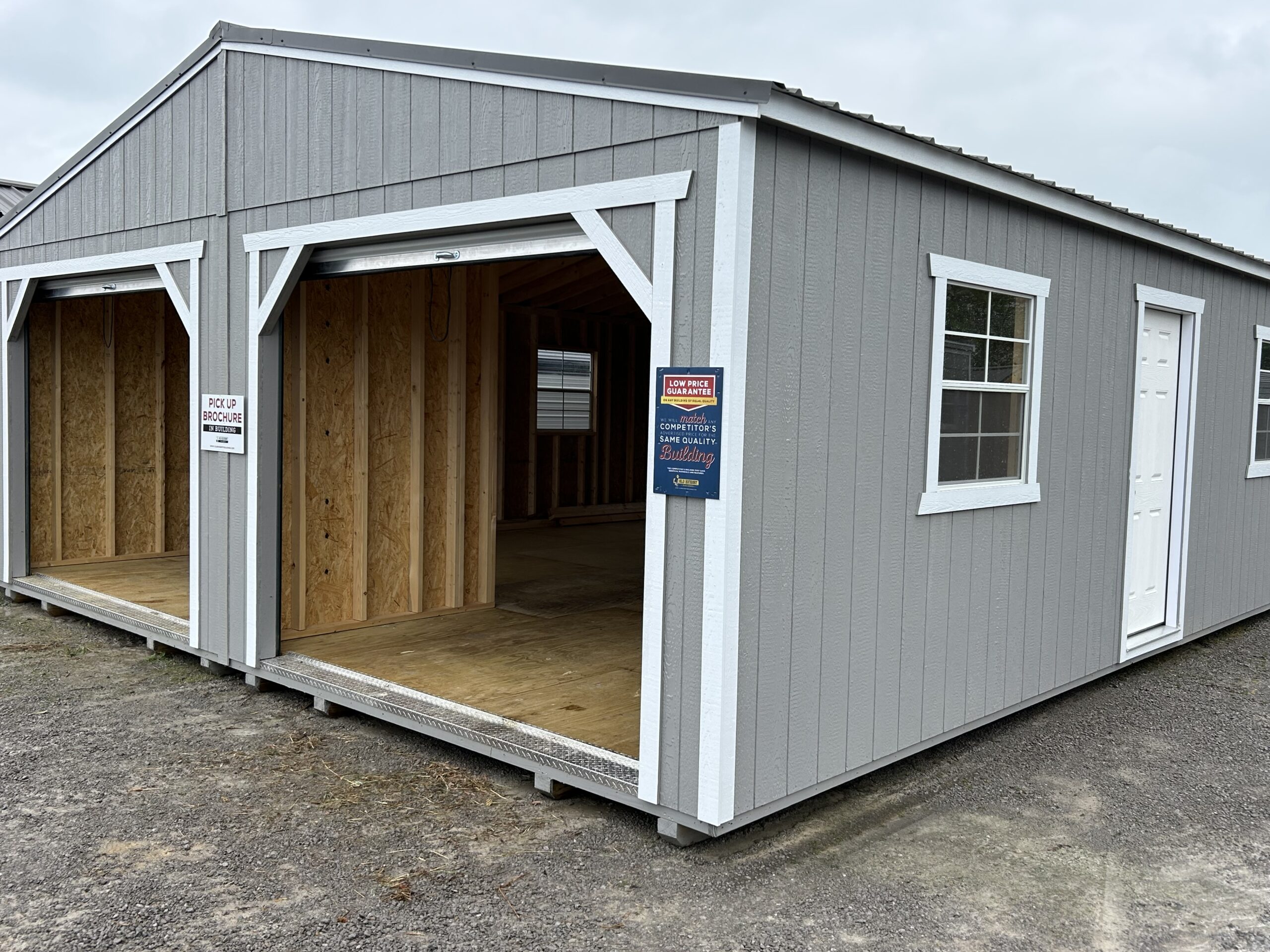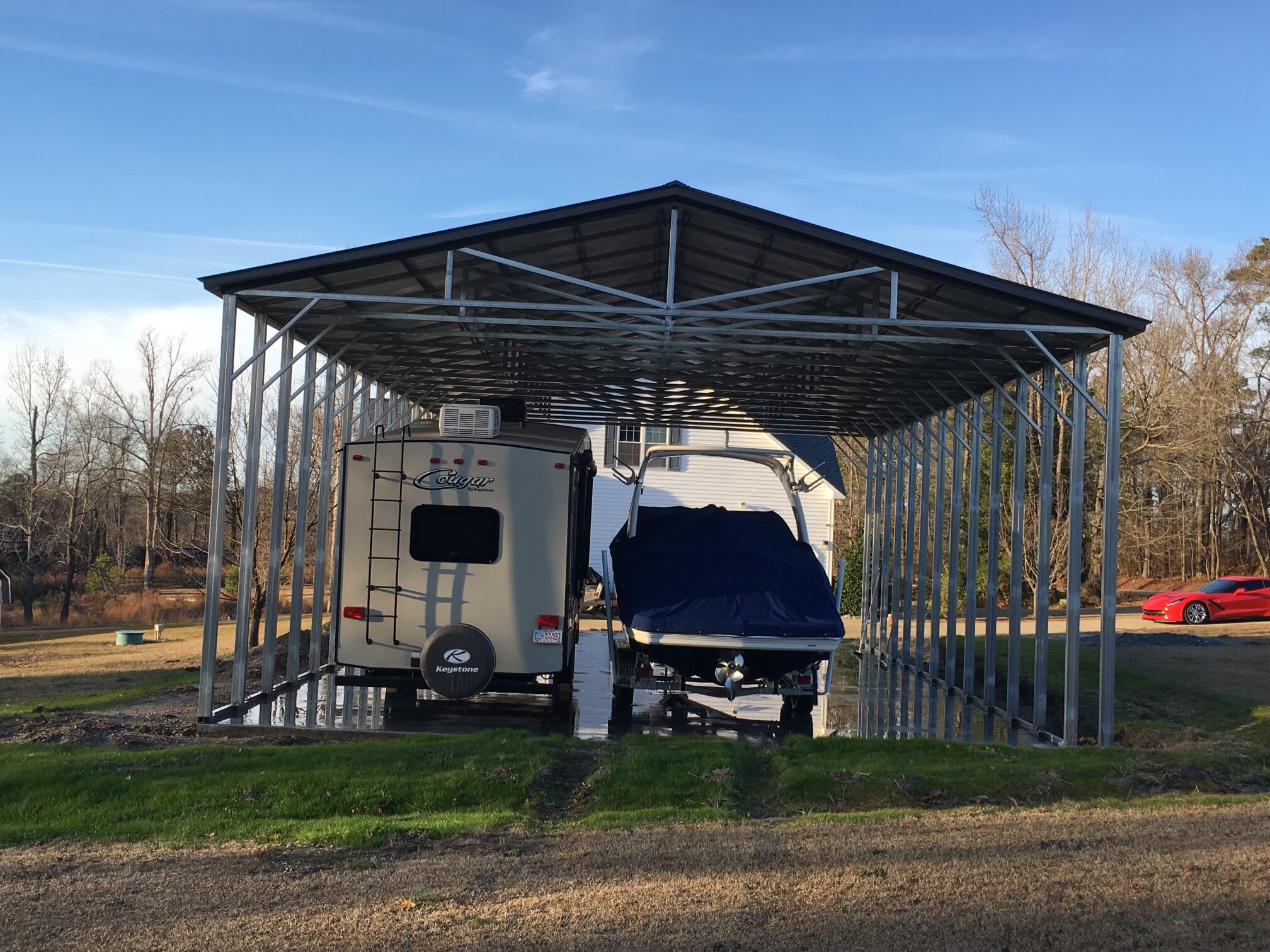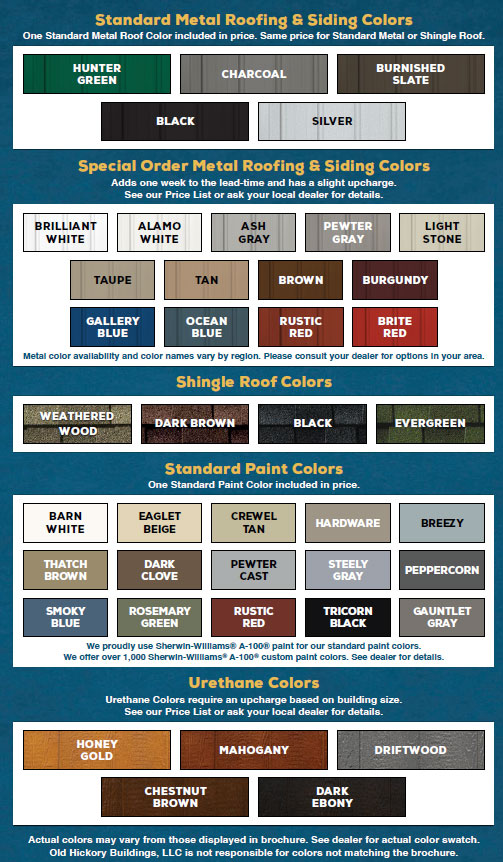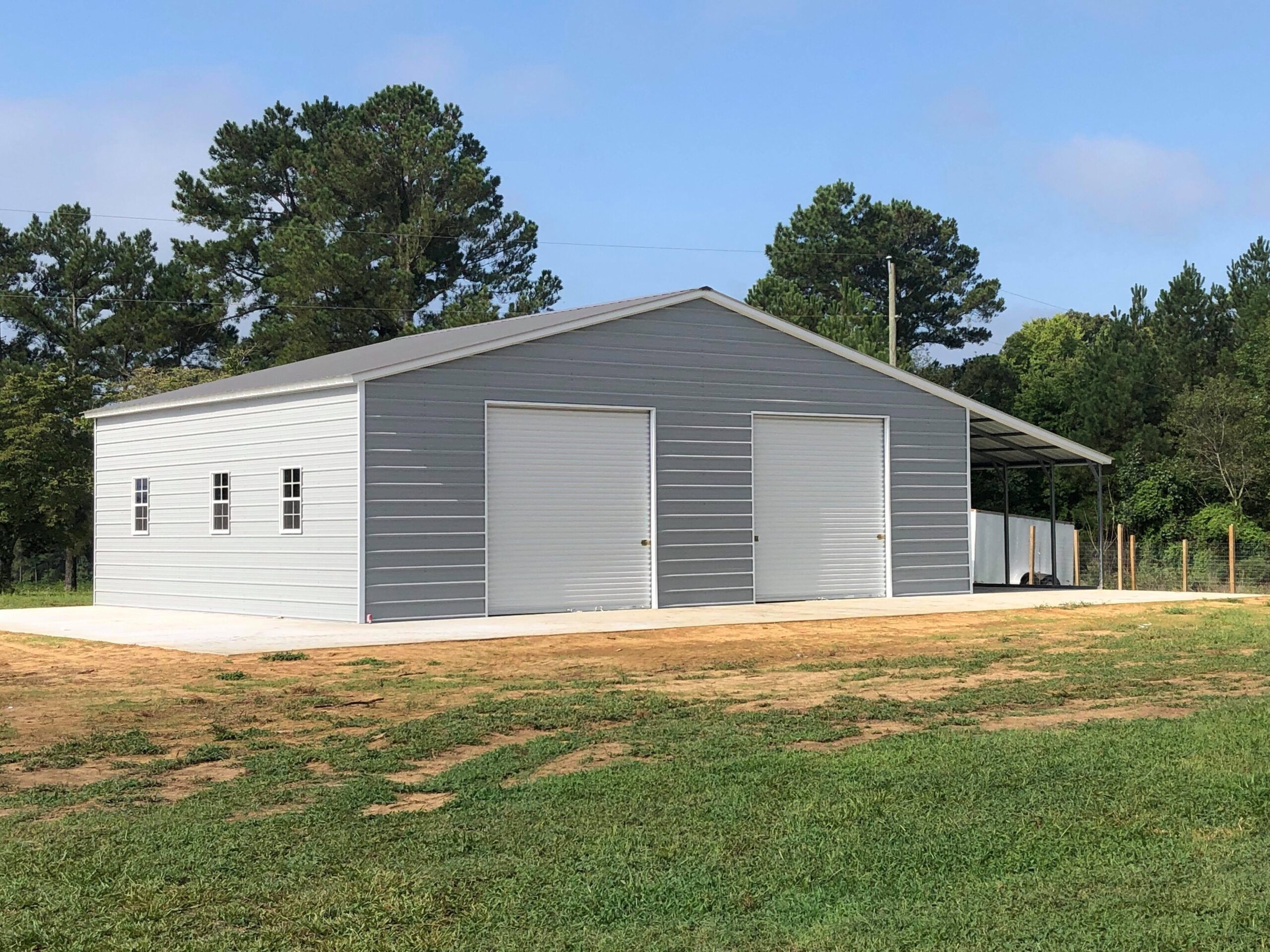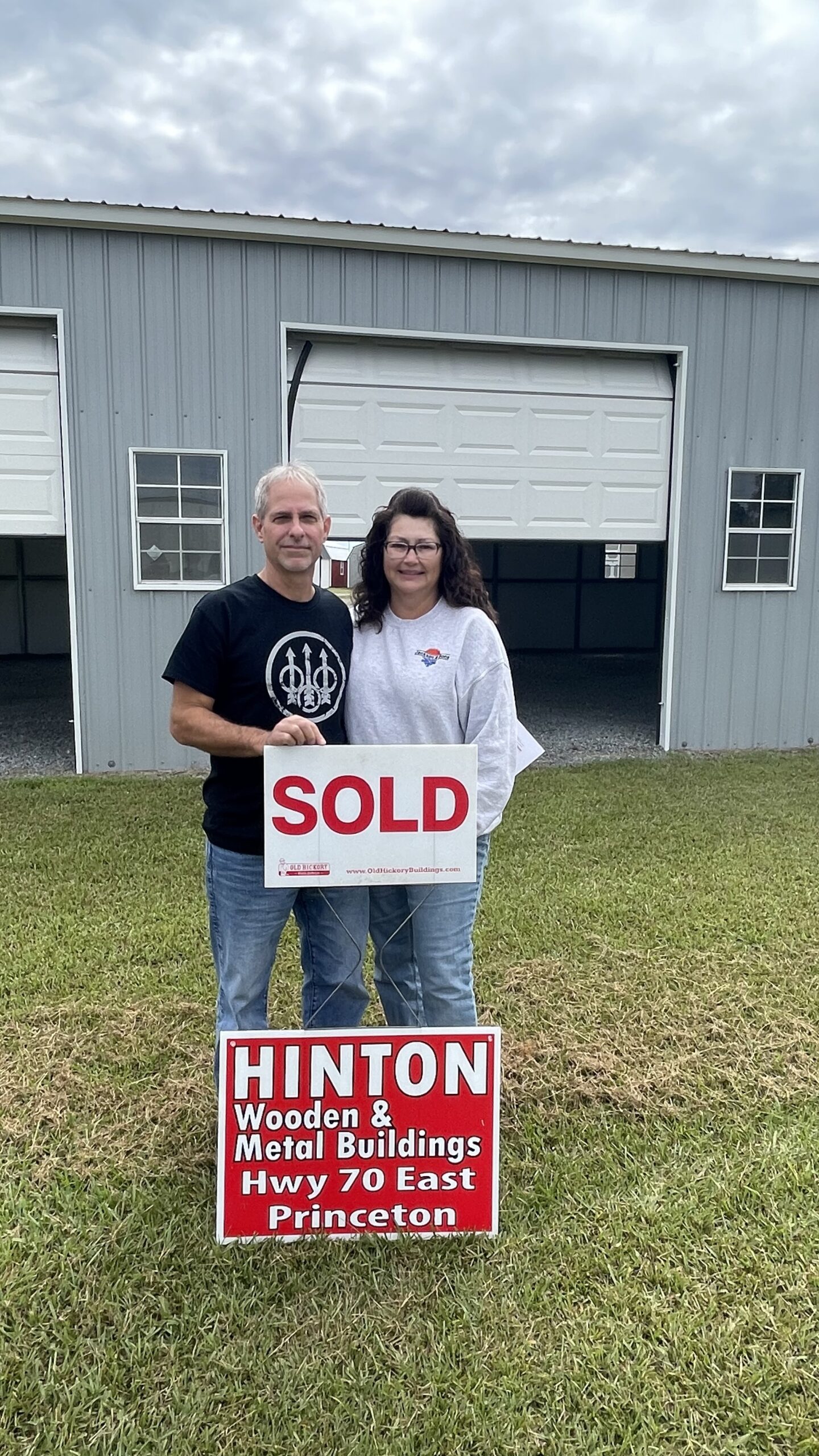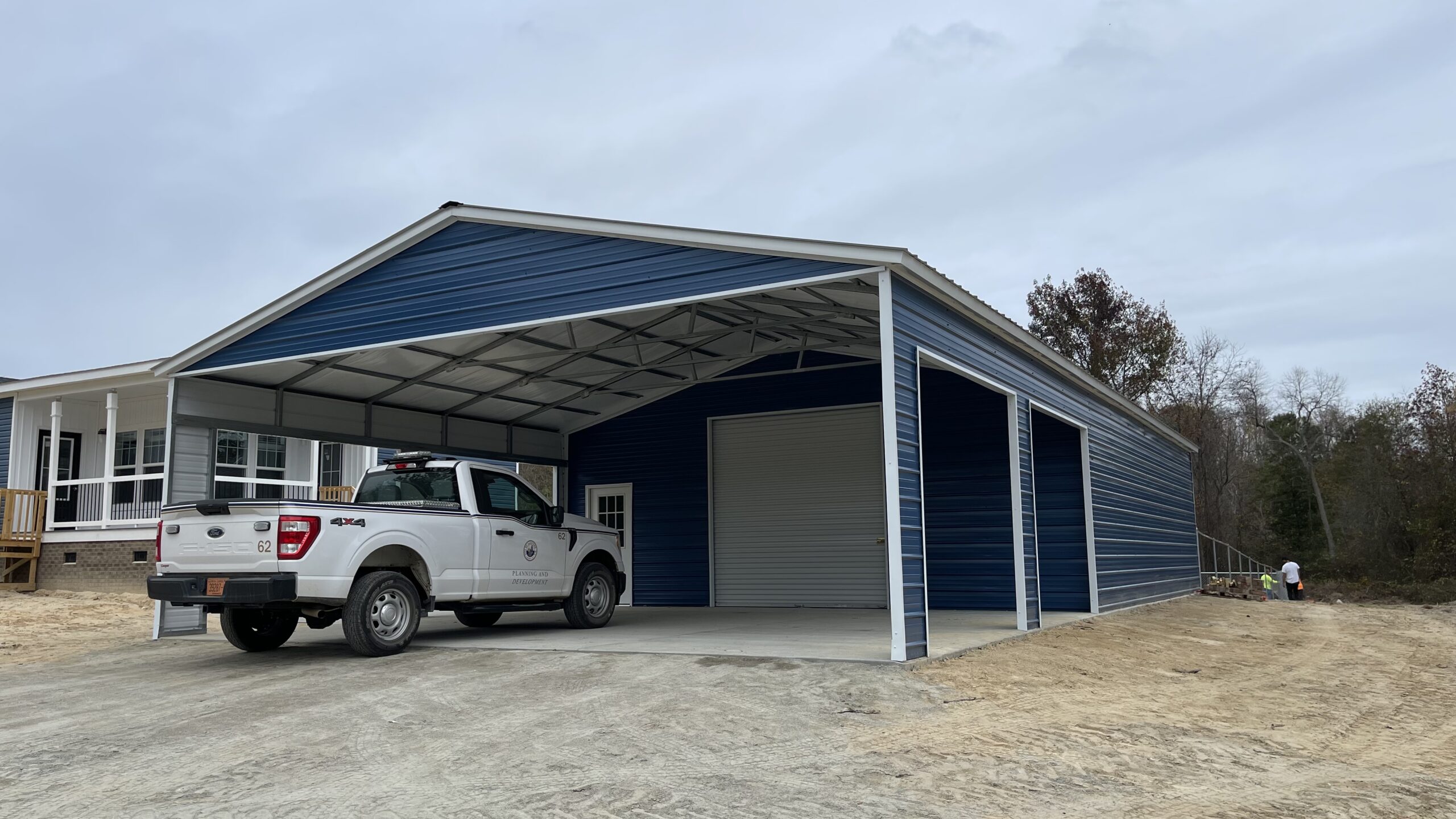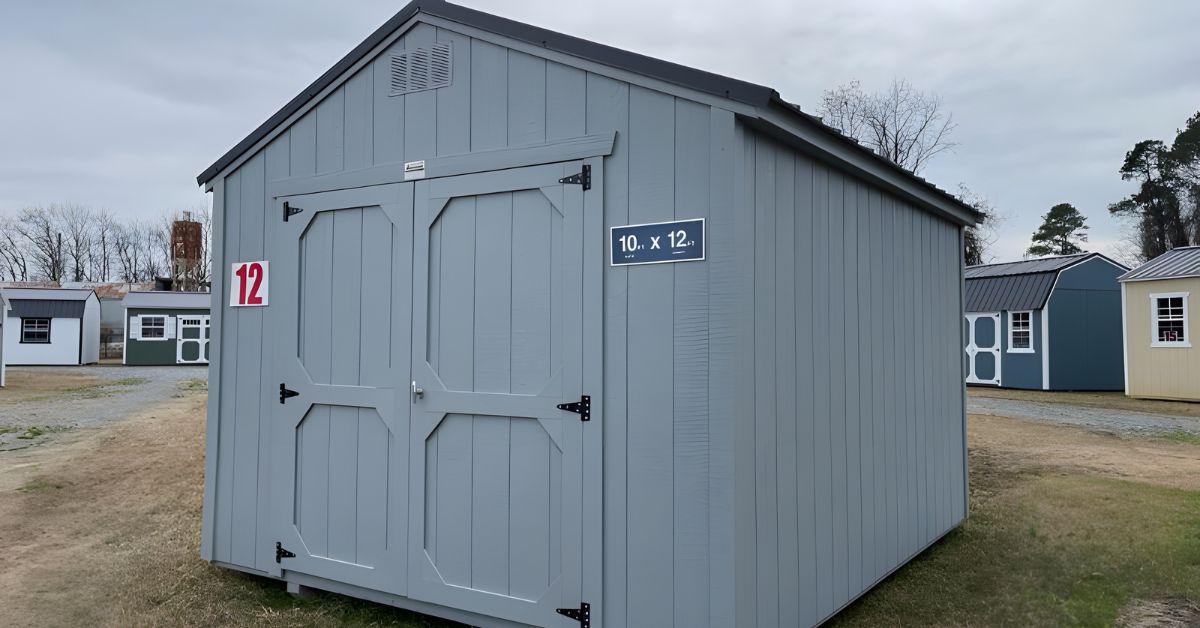
Adding a shed to your property can be an exciting improvement, whether it’s for extra storage, a home office, or even a cozy retreat. But before you enjoy this new addition, you may wonder if you have to pay property taxes for your shed.
Many homeowners aren’t aware of how sheds are classified for tax purposes or if they qualify for deductions or exemptions. This post dives into the topic of shed taxation, breaking down the basics of property taxes and the factors affecting your tax liability. By the end, you’ll have a clearer understanding of how to tackle this often-overlooked issue.
Understanding the Basics of Property Taxes
Before we jump into how your shed might impact your property taxes, it’s essential to understand how property taxes work. Property taxes are a financial charge established by local governments to fund public services such as schools, infrastructure, police departments, and fire departments. The tax is usually calculated as a percentage of your property’s assessed value, which includes the land and any structures on it.
The formula generally looks like this:
Property Tax = Assessed Property Value × Local Tax Rate
Each municipality has its own method for assessing property value and determining tax rates, so property taxes vary significantly depending on your location.
What Factors Influence the Amount You Pay?
Key factors that influence your property tax amount include:
- the size and value of your home and land
- any improvements or additional structures on your property (like sheds or garages)
- local tax laws and rates
Understanding these fundamentals is the first step in assessing whether your shed will impact your tax bill.
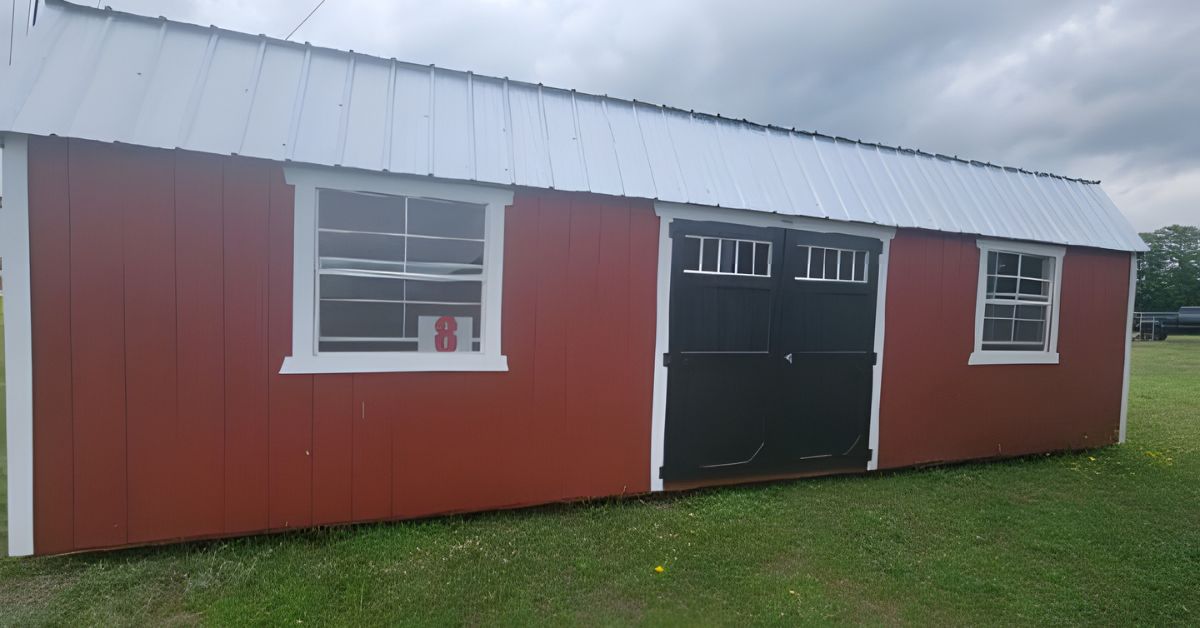
Shed Taxation Overview
Sheds are taxed depending on a variety of factors. Local tax assessors use specific criteria to determine if a shed should be included in the property’s assessed value. We’ll explore these criteria below.
Permanence
Is the shed a permanent structure? Sheds that are anchored to the ground using foundations or concrete slabs are more likely to be taxed than portable or temporary sheds that can be moved.
Size and Value
Larger, more valuable sheds are likelier to catch the attention of tax assessors. A simple 10 by 10 storage shed may go unnoticed, but a large, fully equipped structure might not.
Purpose
The intended use of your shed also influences taxation. Is it being used primarily for personal storage, as a workshop, or as a separate living area? Specific uses might make your shed subject to taxation.
Local Zoning Rules
Local zoning laws and property tax regulations play a crucial role. For example, one town might tax all structures regardless of size, while another may only tax certain square footage or specific installations.
Some municipalities might exempt sheds altogether, while others will include them in their calculations. Check with your local tax office to get information for your area.
Exemptions and Deductions
Before panicking about a higher tax bill, investigate whether you qualify for property tax exemptions or deductions for your shed.
- Personal use exemptions: Some local governments do not tax noncommercial sheds used for personal purposes, especially if they are below a certain size or have no utilities.
- Agricultural exemptions: If your shed is used for agricultural purposes, you may qualify for an exemption under local farming regulations.
- Homestead exemptions: Some states provide benefits for homeowners under a homestead exemption, which can reduce or eliminate taxes for non-income-producing structures like sheds.
- Temporary structures: Sheds considered portable or temporary might not be appraised for tax purposes, depending on local policies.
Carefully considering the available tax breaks will help you reduce the amount you owe each year, saving money in the long run.
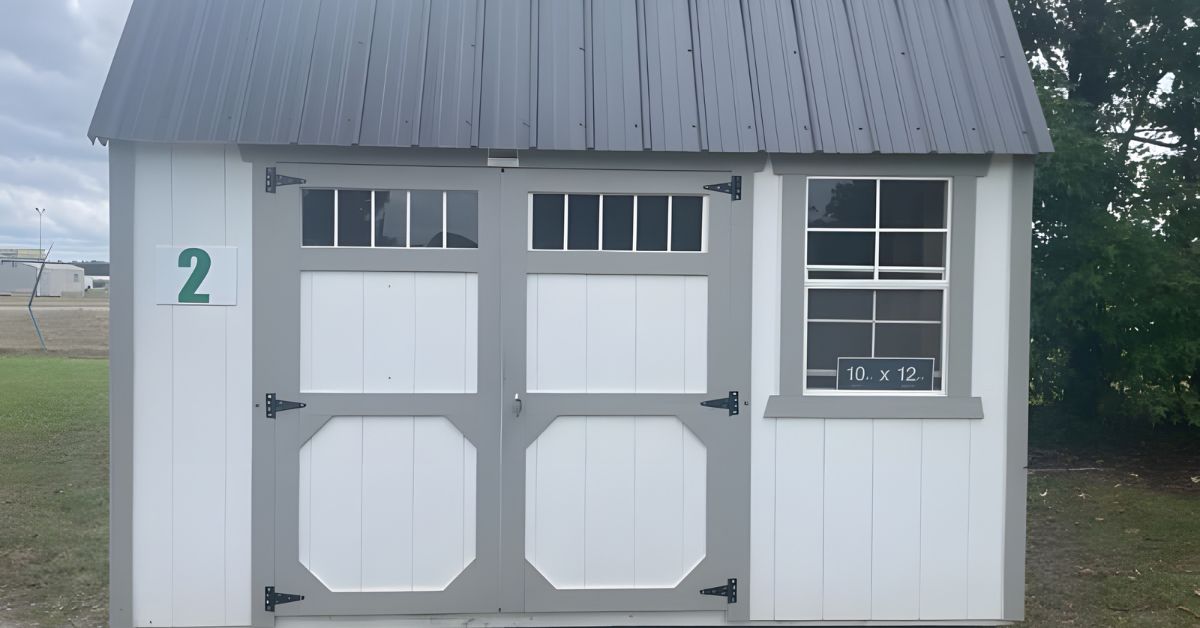
Steps To Determine Your Shed’s Tax Status
If you’re unsure whether your shed is taxable, follow these steps to make an informed decision about your shed’s tax liabilities:
- Check local regulations. Start by reviewing property tax guidelines on your local tax authority’s website. Look for clauses related to sheds or accessory structures.
- Contact your tax office. Reach out to your local assessor’s office for clarification on whether your shed qualifies for taxation.
- Review your property tax notice. When you receive your yearly property tax bill, check the assessment details. Look for changes in your assessed value if you’ve recently added a shed.
- Request an assessment review. If you believe your property tax assessment includes an error related to your shed, consider filing an appeal or requesting a review.
Be sure to research your tax status thoroughly so you don’t pay too much or too little.
Strategies To Minimize Property Taxes for Sheds
If your shed does increase your property taxes, there are ways to potentially reduce the impact.
- Opt for temporary sheds. If feasible, go for portable or temporary sheds not anchored to the ground.
- Choose modest construction. Avoid major upgrades like full electrical wiring or plumbing, which might flag your shed as a secondary building.
- Leverage exemptions. Explore local programs, such as homestead or agricultural exemptions, that may apply to you.
- Negotiate with assessors. If you’ve been assessed for a shed that doesn’t meet taxation criteria, consider discussing the issue with your local tax authority.
With these tips in mind, you can ensure your shed doesn’t overburden you when it comes time to pay your taxes.
Why Maintenance Matters
Your property taxes are linked to the quality and usage of your shed, so it’s important to understand basic maintenance practices. Here are some tips to keep your shed in top shape:
- Check for leaks. Moisture can wreak havoc on the interior and exterior of your shed, so ensure everything stays sealed and dry.
- Inspect the foundation. A poor foundation can lead to problems with structural integrity. Take the time to look for issues before it’s too late.
- Clear debris. Accumulated debris such as leaves or lawn clippings can invite unwanted problems such as rotten wood and mildew.
- Take prompt pest control measures. If you notice critters inside your shed, act immediately before they create costly problems.
- Clean regularly. Inspect your shed for issues, clean the interior and exterior, and keep it organized so it stays in good condition for as long as possible.
Use these best practices to maintain your shed and take control of your tax burden.
Simplify Your Shed Tax Questions Today
The topic of property taxes and sheds can feel overwhelming, but it doesn’t have to be. Understanding the basics, knowing your local regulations, and exploring exemptions are key steps to avoid overpaying. Armed with the right knowledge, you can determine whether you must pay property taxes for your shed.
Are you ready to install a shed on your property but aren’t sure where to start? Hinton Buildings offers a variety of wood storage sheds, making it easy to find something that fits your needs and tax expectations. See for yourself how our sheds can transform your everyday life!


